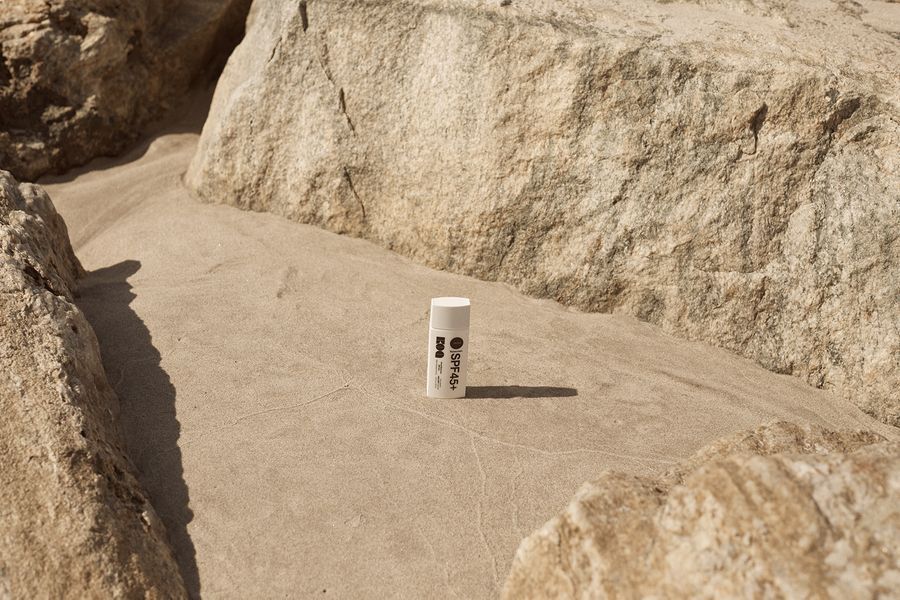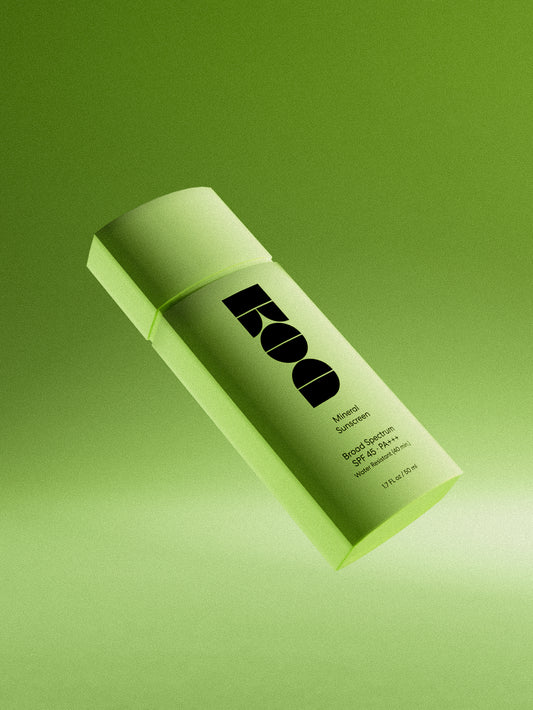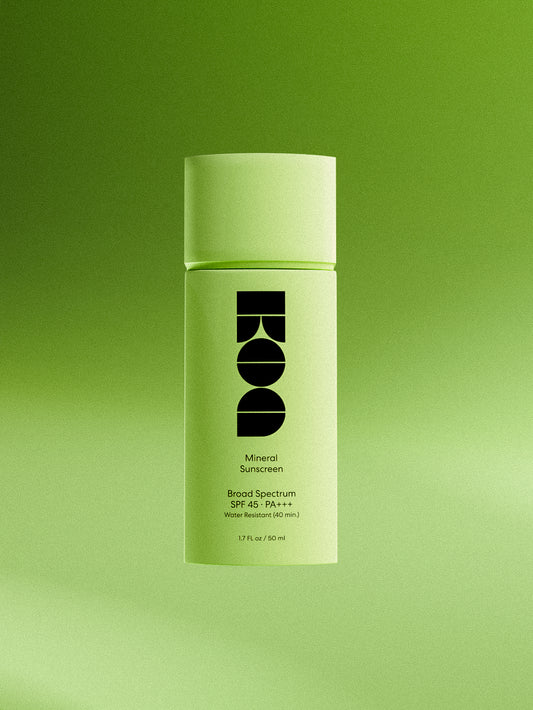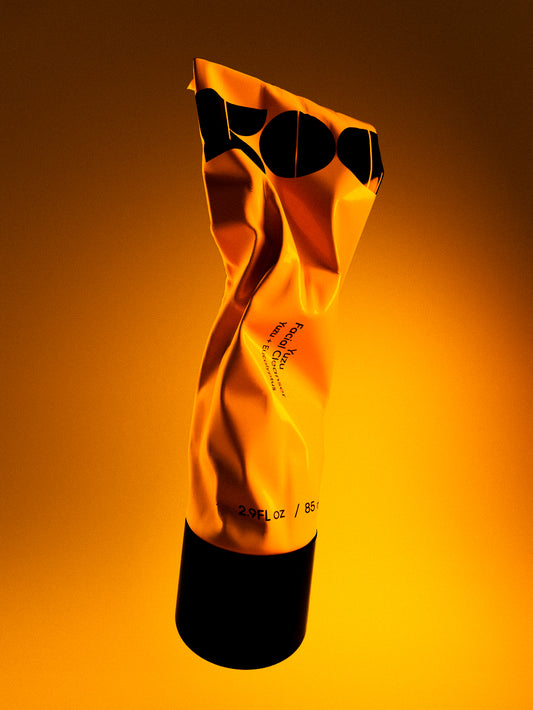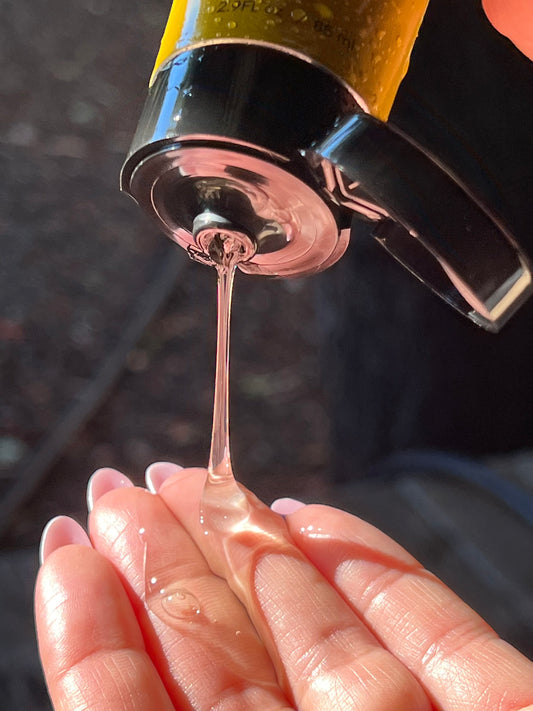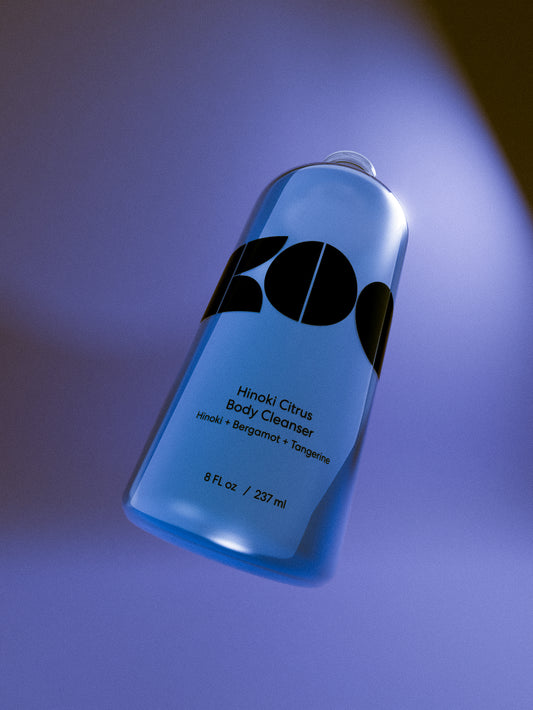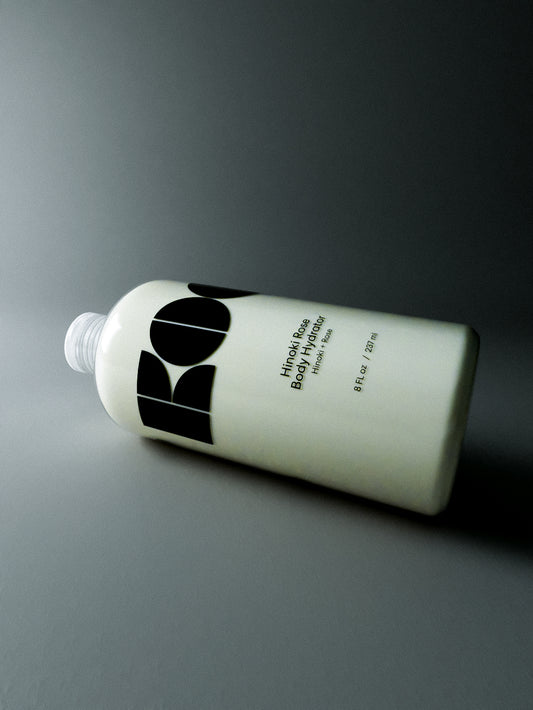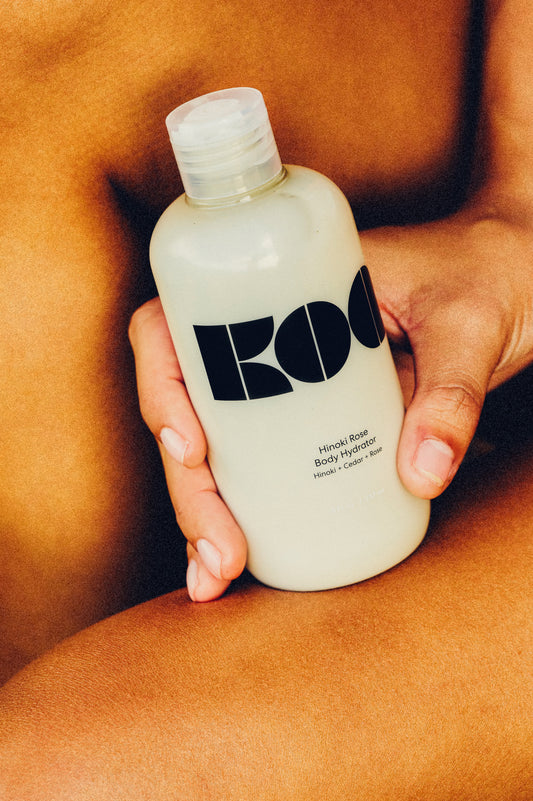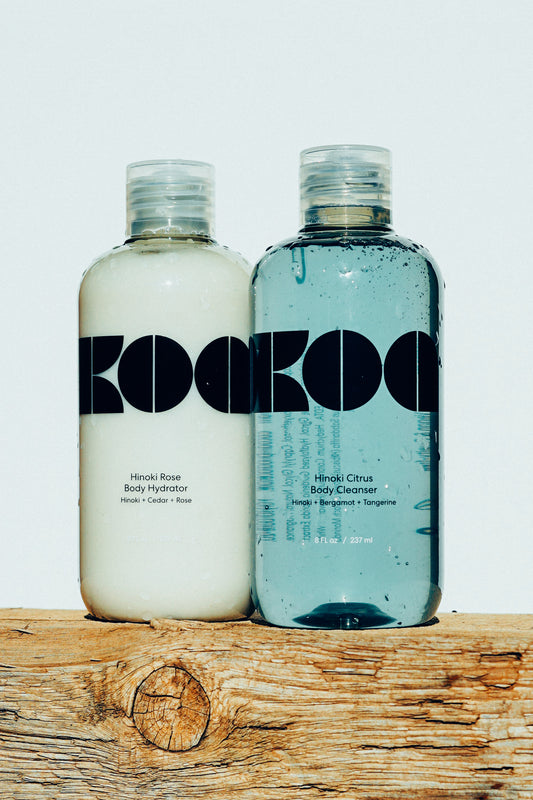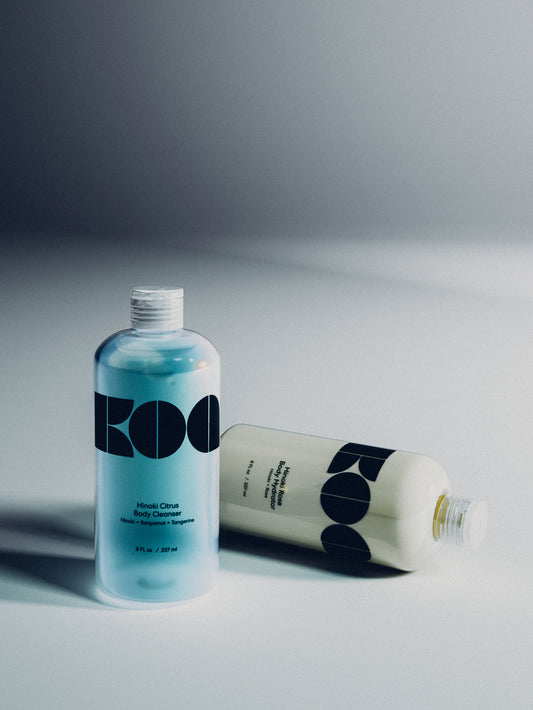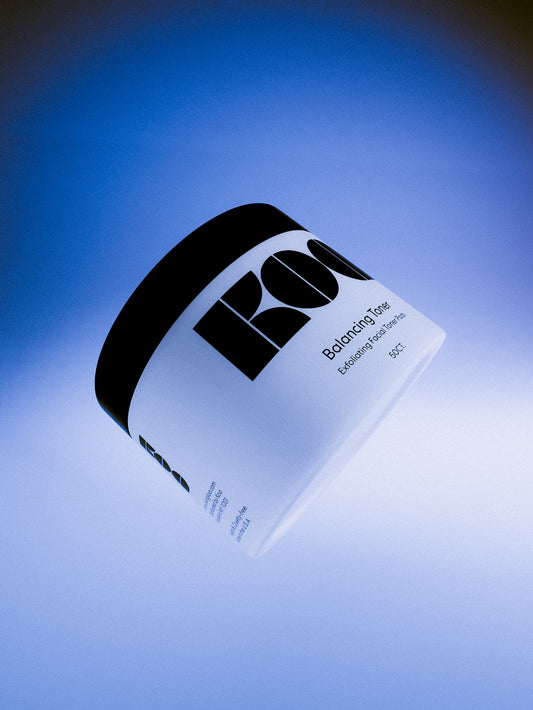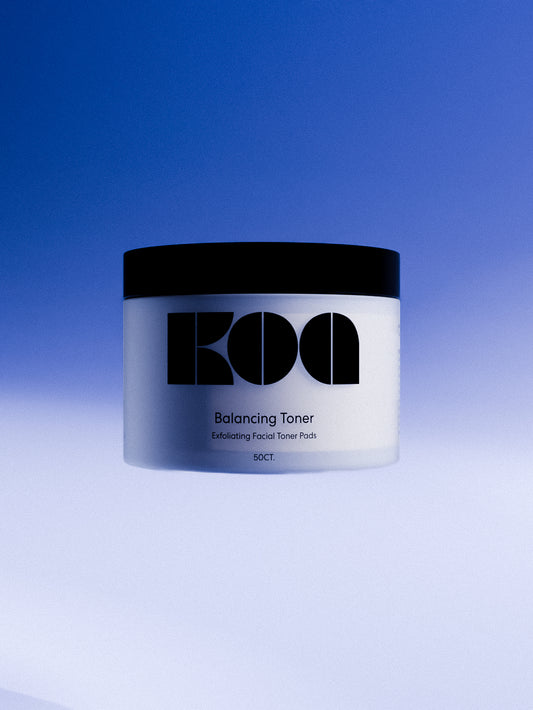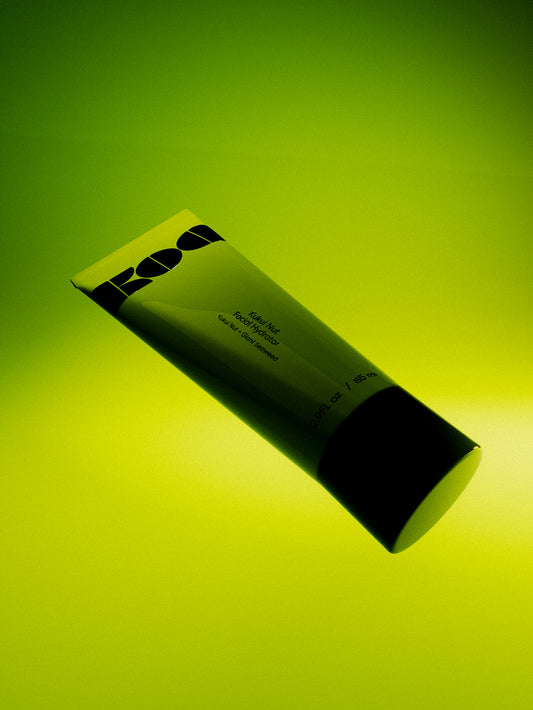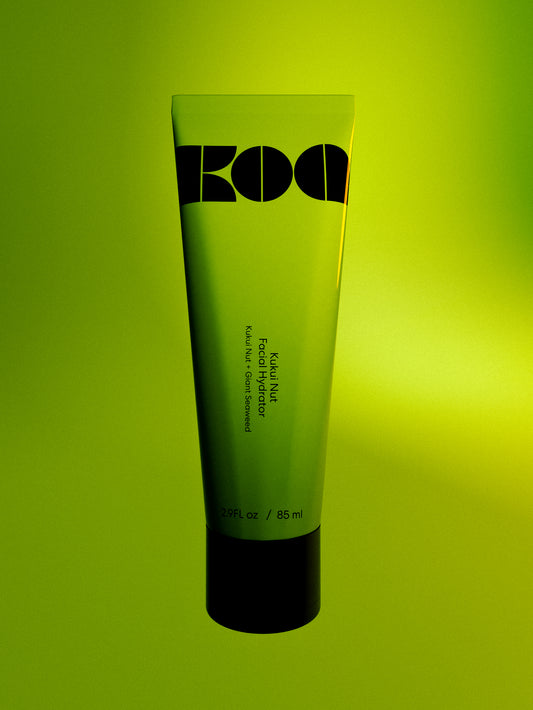The sun is an amazing star. It sustains life on our planet, warms our cities, and gives you the glow that lets your coworkers know you just returned from a sun-drenched weekend getaway. We love spending time in the sun and can never wait for the dregs of winter to give way to the early days of spring/summer.
Men under the age of 49 are more likely to develop melanoma than any other form of cancer.
Why Sunscreen?
Our time in the sun comes with a price. The sun emits a constant stream of radiation in its rays. Those rays are classified as UVA or UVB. UVA rays make up 95% of the UV radiation that reaches the Earth’s surface. UVA penetrates deep into the skin, causing photoaging. UVB rays affect the outermost layers of skin, and are the main cause of sunburn. Both UVA and UVB radiation contribute to the development of skin cancer.
Skin cancer is the most common form of cancer in the United States. 1 in 5 Americans will develop skin cancer in their lifetime! According to the Skin Cancer Foundation, men under the age of 49 are more likely to develop melanoma than any other form of cancer. Adequate protection from solar radiation in the form of daily broad-spectrum SPF (one that blocks UVA and UVB rays) is unamimously recommended by dermatologists.
A daily broad-spectrum SPF is an important investment in your health, and minimizes the negative impact of spending time in the sun.
Why Mineral vs. Chemical?
When it comes to SPF (sun protection factor), not all sunscreens are created equal. The active ingredients in sunscreens are called “UV filters” and are broken down into two groups based on the way they filter UV radiation.
The first group is comprised of the chemical filters. Compounds such as oxybenzone, octinoxate, homosalate, and octisalate are common active ingredients in chemical sunscreens. They work via a reaction that absorbs UV radiation and disperses it as heat.
The second group is the physical filters. They (zinc oxide and titanium dioxide) work by blocking and reflecting UV radiation away from the skin.
It's important to take into account is how the body interacts with these two types of UV filters. Recent research from the University of Copenhagen found that chemical filters demonstrated negative side-effects on the human endocrine system and could interfere with male fertility. EWG (a consumer advocacy group) notes that chemical filters are commonly associated with high skin penetration, potential hormone disruption, and skin allergies. Physical filters are safe in all three areas.
Physical UV filters are 100% safe, while chemical filters have potentially adverse health effects.
We believe in safe and effective formulations, which is why our sunscreen provides broad-spectrum protection and uses zinc oxide as the only active ingredient. We don’t believe in fear-mongering to sell products, and we’d rather you use any sunscreen than no sunscreen at all. But being an informed consumer is the best way to make the right decision. The more you know...
We want to bring you the best sunscreen we can at a fair price. If our sunscreen isn’t the best mineral SPF you’ve tried, let us know (we love feedback!) and we’ll refund you.
We want you to wear sunscreen. Every. Damn. Day. Even if it isn’t ours :) Shop Koa Sunscreen

